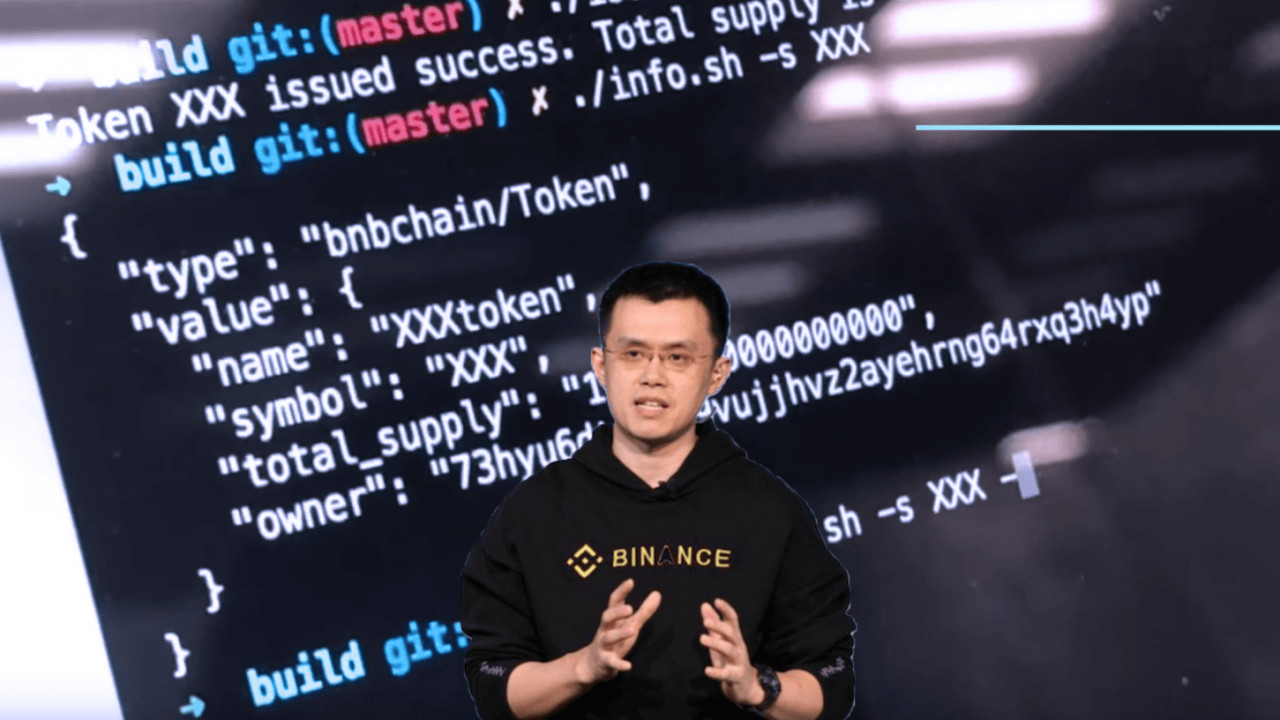Did you know? Hard Fork has its own stage at TNW2019, our tech conference in Amsterdam. Check it out.

The head of cryptocurrency exchange Binance responded to a 7,000 BTC ($40 million) hack with an outlandish idea: take over the entire Bitcoin blockchain and cancel the transactions.
A major digital asset exchange openly colluding with cryptocurrency mining pools to reverse transactions would certainly be bad for PR.
It would also critically undermine Bitcoin’s primary value proposition: that its transactions are effectively immutable and censorship-resistant.
Binance CEO Changpeng Zhao conceded this reality by announcing he’s dropped the idea after consulting with advisors, among them Jihan Wu of the infamous cryptocurrency mining firm Bitmain.
“One, we may damage credibility of Bitcoin,” Zhao tweeted. “Two, we may cause a split in both the Bitcoin network and community. Both of these damages seems to outweigh $40 million revenge […].”
Bitcoin incentivizes censorship-resistance, not bailouts
It is hypothetically possible to roll-back the Bitcoin blockchain through ‘block re-organization,’ which is often associated with ‘51-percent attacks.’
For Zhao to cancel transactions, he would need to convince Bitcoin’s mining pools to agree that working with an alternate version of Bitcoin is in their best interests, starting from just before the attack happened.

In reality, this would be a very tough sell for Zhao. Bitcoin currently rewards miners for adding blocks to its blockchain with 12.5 BTC ($72.8K).
Deleting past blocks would mean giving up those lucrative rewards, as well as the associated transaction fee revenue.
Bitcoin also adds blocks every 10 minutes, so the cost of re-organizing its blockchain grows very quickly. It even depends on how many mining pools agree to the plan.
Prominent Bitcoin developer Jimmy Song explained via Twitter that the amount of time it takes to create a secondary, hack-free blockchain is reduced as more hash rate is collected.
This makes for less mining revenue sacrificed during a re-organizaton. Basically, more mining pools can roll-back Bitcoin for cheap when compared to fewer colluding parties.
3/ 7250 BTC > 7000 BTC, so at minimum, you need more than 55% of all hashing power to agree to reorg the chain. In 58 more blocks, this rises to 60%, in 116 blocks, 65%. In 174 blocks, 70%, 232 blocks/75%. The cost goes up pretty quickly assuming everyone agrees.
— Jimmy Song (송재준) (@jimmysong) May 8, 2019
Still, just hours after the attack, Song roughly calculated that even if Zhao was to convince 55 percent of the hashing power to re-organize the blockchain, the cost of doing so had already outstripped the amount lost in the hack.
“[…] And really, if you do this, you end up taking the money from the thieves and giving it to miners. Binance doesn’t benefit that much,” he added, as mining pools would more-than-likely charge premiums for taking on so much risk.
Zhao ultimately agreed he simply doesn’t have the power to “unhack” the $40 million worth of Bitcoin stolen, albeit after being educated on the matter by those close to him.
It should also be made clear that the cost of re-organizing Bitcoin does not define the security of the Bitcoin blockchain entirely.
In fact, the value of Bitcoin really comes from the impossibility of schemes like the one proposed by Zhao.
It just so happens that the entire network is incentivized against working in unison to bail out a single cryptocurrency exchange. For that, we can thank Satoshi.
Get the TNW newsletter
Get the most important tech news in your inbox each week.





